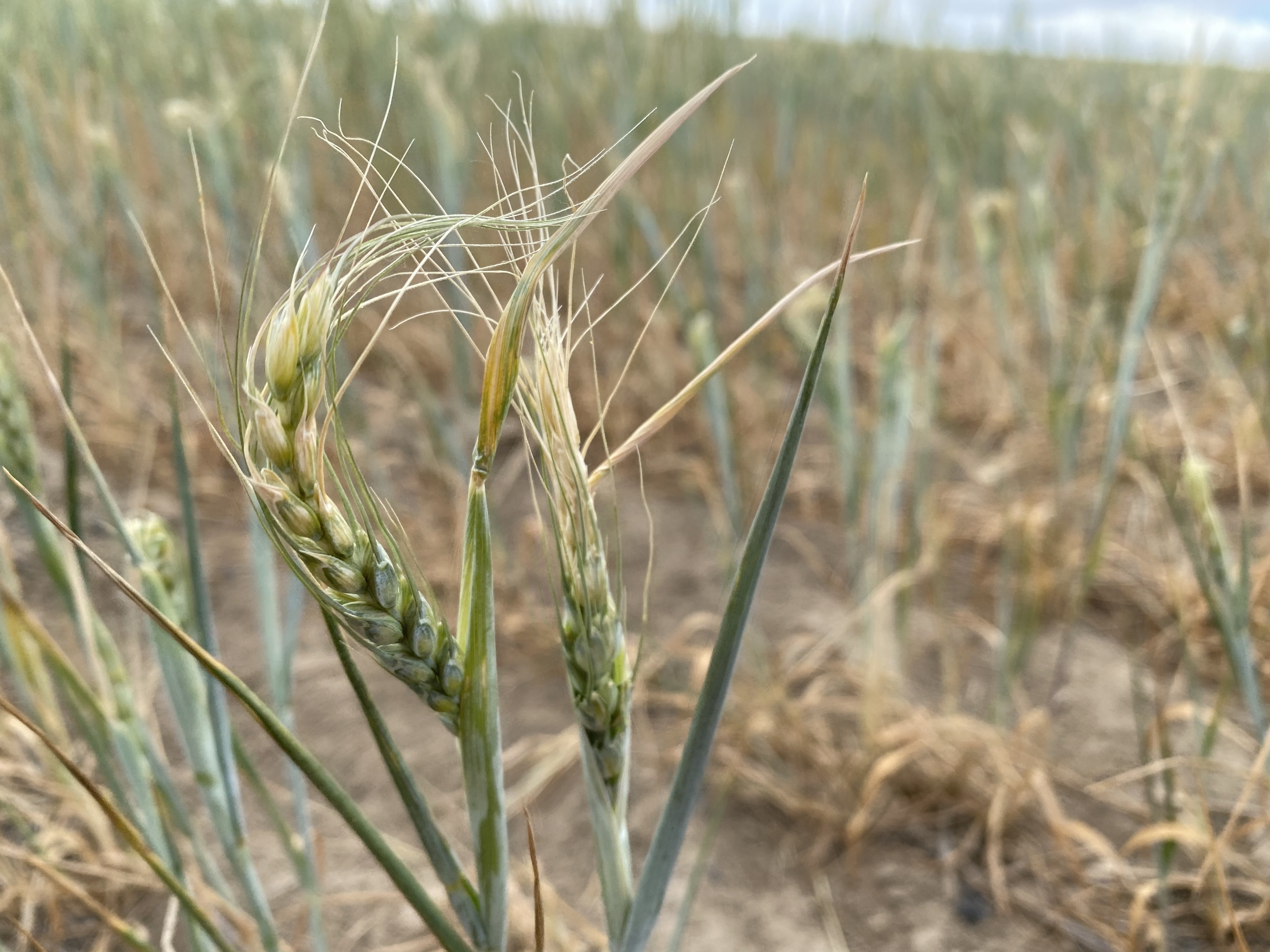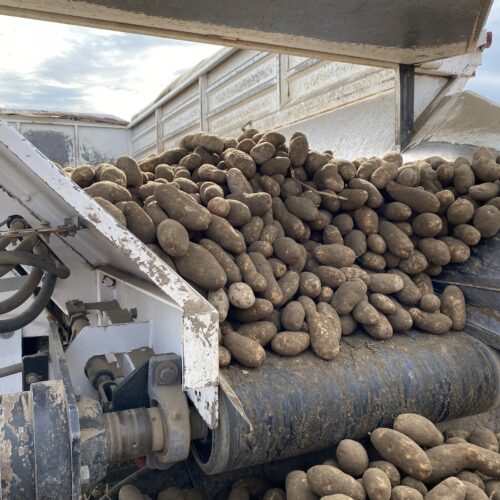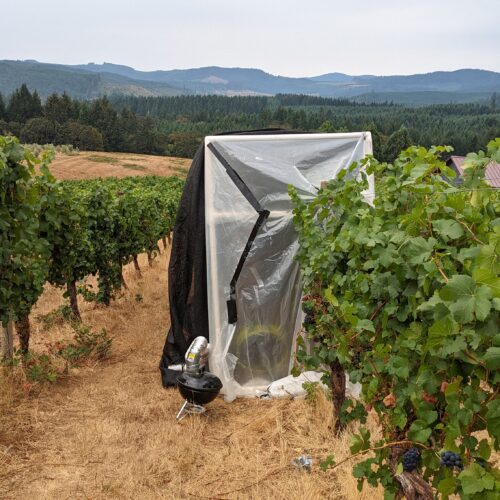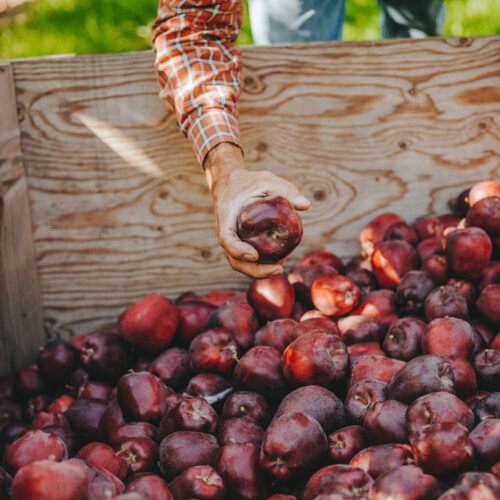
Weather impacts WA agriculture in February
Listen
Read
For Washington’s agricultural interests, February was marked by wet weather and temperature shifts.
Farms in western Washington were still dealing with the mess created by a soggy winter, according to a monthly assessment published by the U.S. Department of Agriculture. Many pastures were still too wet for grazing, leaving livestock dependent on stored feed. The whipsaw of mild and cold weather during February also harmed many of the vegetable crops planted last fall. The U-S-D-A noted that western Washington fieldwork was also hampered by the sodden ground.
In central Washington, things were generally calmer. Low rainfall had little effect on crops and livestock, and the mild weather seemed to aid calving and lambing. Much of eastern Washington experienced a mild February, and no major problems were noted in the monthly report.
The late cold snap that pushed through Washington in the final full week of February presented a challenge for winter seeded crops, but the full effects won’t be known immediately.
Related Stories:

Year-old Northwest potatoes are being dumped in favor of new potatoes
Columbia Basin potatoes move on a belt during harvest in 2021. (Credit: Anna King / NWPB) Listen (Runtime 1:02) Read For two years, Northwest farmers didn’t have enough potatoes for

Oregon researchers hope to provide new tools to help wine growers address climate change, smoke
Pinot noir grapes at Oregon State University’s Woodhall Vineyard undergoing smoke experiments. (Credit: Sean Nealon / OSU) Listen (Runtime :54) Read Researchers are developing special coatings to protect Northwest wines

‘Vintage year’ for apple crop, experts say the weather was just right
Freshly picked red delicious apples gather in a bin. Northwest red delicious and galas are again shipping to India after tariffs were lifted. (Courtesy: Washington Apple Commission) Read Many Northwest















